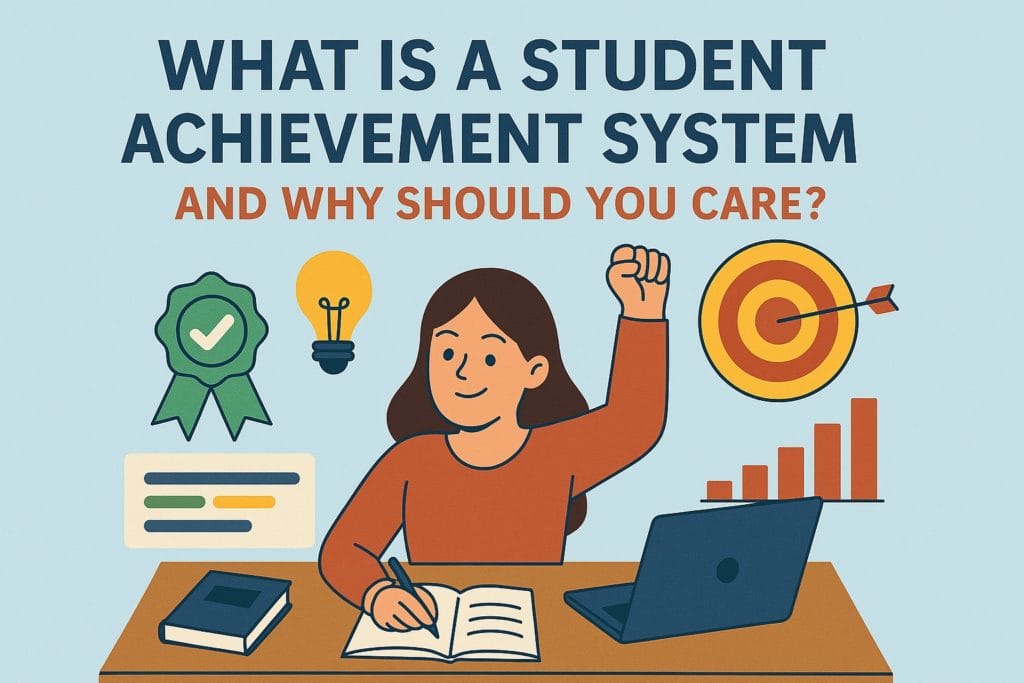
College classes are so diverse! Some of them are like a light walk, while some might make you suffer. Even the best students with the highest level of self-discipline sometimes make mistakes and fail not only a test but also a whole class. And it is pretty normal to be upset about it. However, you should also learn from your experience and make the most out of this situation. This guide will help you overcome the stress of failing a class and even make a good lesson from it.
Negative Experience
Learning that you have failed the class is like a cold shower – you might think that you are ready for that, but reality makes you feel very overwhelmed. Indeed, the situations are diverse, and some students might know it long before the semester ends. Others might have hope till the last and final test. In any case, failing is no fun.
We all are afraid of failure. However, the truth is – we can’t omit them. Life itself consists of wins and fails, learning and experiencing, moving forward and growing. We would not be able to achieve without trying, and trying sometimes means overcoming failures.
The most important part of any negative experience is the ability to learn from it and get crucial knowledge that can help us grow. In the case of failing a class, everyone will probably get their unique experience and unique lesson, but what is common is that they will surely be a bit disappointed at first.
Blame
Feeling disappointed in yourself is not the best feeling, let’s be honest. Blaming and feeling down could surely make the situation even worse, negatively affecting your mental health. That’s why the best way to approach the situation is with a good portion of responsibility and willingness to improve the situation rather than falling into a state of anger and sadness.
Blame is actually something that can often be mistaken for responsibility but is a destructive emotion, which makes them completely different. Blame has no purpose and no outcome. It can only make you feel worse but not solve the issue.
Acting Instead
Being ready to work on your self-discipline or finding ways to complete classes more productively and effectively is much more useful for your academic performance and mental health. For example, delegating assignments when you can’t finish them on time is better than not turning them in. This is one of the ways that can make your college life easier, so why not use them? It can help you avoid failing a class.
The Emotional Rollercoaster
In the aftermath, there is nothing fun about failing a class. And you might experience shame and self-doubts, as well as feeling lost and a bit angry. In such a case, it’s better to get some emotional support. Talk to your friends and/or family. Describe your feelings. You will eventually feel much better, especially if they provide you with valuable advice.
You can also talk to a college counselor. Many college students experience pressure from their families and feel obligated to ace their studies. This can be too much to handle. That’s why colleges often hire specialists who can provide mental support for students and improve their mental health. In any case, talking to someone would be a great choice.
Acknowledge and embrace your emotions – it’s crucial to understand that feeling this way about something that you haven’t achieved is perfectly normal, and anyone in the same position would feel this way. You are not the only one who failed a class – it is actually around 32-40% of students who fail at least once, depending on the institution and the type of program/degree.
Identifying the Factors and Reasons
After the first shock is over, it’s time to analyze the situation and find out why it happened. Identifying contributing factors is the first step towards solving the issue and avoiding the same situation in the future.
Some of the most common reasons why students fail classes might be:
- Lack of knowledge, difficulties with assignments, lack of communication with professors.
- Lack of time to complete the assignments
- Lack of self-discipline
- Lack of motivation, personal issues, anxiety
All of these points are pretty reasonable, though they require taking action in order to resolve the issue. For example, you can delegate some of your assignments to a professional team and receive crucial points that you would have missed.
Other issues, like anxiety or personal mental health issues, might require therapy to be solved. Be sure to reflect on the situation during the semester that led to the result you have received. Sometimes, just a little bit more effort would be enough to change the situation for the better. Like starting to complete your homework earlier and not putting assignments aside until the very last moment.
Learning a Lesson
Making the situation into a valuable lesson is an adult move. You can surely learn a lot from your mistakes and from college mistakes as well. Once you know what the reason is, you can make the right choice and solve the issue so it never becomes a problem again.
For example, lack of self-discipline is one of the most common things among students. They procrastinate a lot and prefer to do something else instead of studying – having fun, playing games, socializing, scrolling social media, or hanging out with friends. It’s completely normal for this age. The problem is that forgetting about your responsibilities and putting duties aside has a large negative impact that builds up with time.
There is such a way to resolve such an issue as the technique of ‘eating a frog,’ which means that once you wake up in the morning, you should start with the most difficult, urgent, and important task. In the case of a college student, it would be to complete an essay or get prepared for the test.
It is an effective way to make your days more productive and complete your tasks without procrastinating. If it is one of your main concerns, by the way, you can fight procrastination with another pretty effective technique, which is called ‘one, two, three.’ What you basically need is to take a deep breath, count to three, and just get to the business without any thinking.
Such a technique doesn’t leave your brain any time to reflect and comprehend; thus, you just don’t have time to think, “Oh, my! I don’t want to do this now! I better read another post.”
Adapting and Using the Opportunities
What you should know about fails is that they commonly provide you with unexpected opportunities. A chance to learn and grow, review your goals, and boost your personal development.
Tailoring your study routine as the result of reflecting on a failed class might help you a lot in your academic career and be helpful later in your life. Such an experience can have long-lasting effects on the way you approach various tasks, including your work, home chores, etc.
For example, you might try incorporating visual aids or active learning. Active learning is all about making a few sections of your brain work at the same time – for example, writing notes right when you are reading a paragraph or drawing doodles while studying.
Another great option would be to change the approach to study sessions. For example, taking breaks to stay productive longer, breaking the bigger tasks into smaller and more manageable pieces, creating a consistent study routine with a schedule, etc.
Conclusion
Bouncing back after a failed class might be pretty hard, especially on an emotional level. However, with some patience and effort, you can surely make the situation much better. Through embracing emotions, analyzing your mistakes, and adjusting your routine, you can completely bounce back.
 Karen Palmer
Karen Palmer


